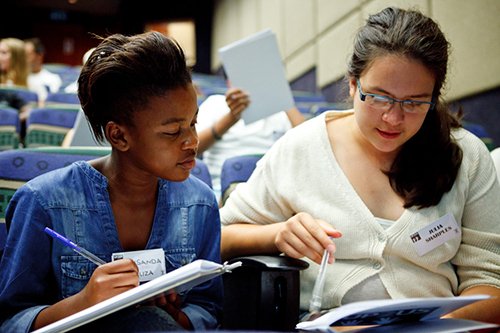
Societies with turbulent racial pasts face challenges and opportunities when shaping their country’s future. As we learned from Jonathan Jansen in my previous Global Search for Education article, education can play a critical role in bringing about positive change. Garantir alunos são capazes de deixar as salas de aula pensando com mais compaixão um pelo outro, nutrir as habilidades que irão ajudá-los a fazer boas escolhas, e que lhes permita viver como cidadãos ativos e democráticas em um mundo do século 21, são todos os objetivos críticos.
Ao longo dos últimos dez anos, uma organização de educação Sul-Africano chamado Shikaya tem vindo a trabalhar com os professores para alcançar essas metas. Seu programa de núcleo, De frente para o Passado – Transformando o nosso futuro foi desenvolvido em parceria com a Enfrentando História e Ourselves and is now in its eleventh year. It has trained hundreds of teachers in hundreds of schools and impacted the lives of students all across the country.
Dylan Wray is the co-founder and executive director of Shikaya. He has been coordinating the De frente para o Passado – Transforming Our Future project since 2003. He joins me today in The Global Search for Education.

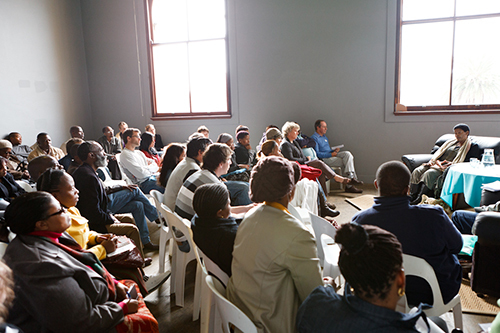
What do you see as the role of the teacher in preparing young people to be active and caring citizens?
Shikaya sees teachers as being at the very core of ensuring success in schools. The teachers decide how their students will learn in their classrooms. It is the teacher who creates the space within those walls where the students can think about their thinking and behavior, ou não. It is the teacher who shows his/her students through her own behavior, what it means to be compassionate and accepting of others different from themselves, ou não. It is the teacher who creates the opportunity for young people to practice democratic thinking and action. Or she doesn’t and leaves it to chance (or somebody else) that they learn and understand what it means to be an active democratic citizen.
este, claro, is a big ask. Not only are we expecting improved grades from teachers, but we also expecting them to shape the values, thinking and action of the young people under their care. But I think we often forget that teachers are also people – many with different values. They also carry their own prejudices, fears and insecurities into the classroom alongside their strengths and passion. So if we are asking of teachers to be these citizen creators, we need to support them on a personal as much as a professional level.
What do you see as the role of the parent?
Parents are central in developing democratic habits. Research, por exemplo, shows that if we include our children in our discussions about voting at election time and if we can actually take them with us to vote, they are more likely to vote themselves when they reach voting age. We took our three-year old sons with us to vote in our general elections just a few weeks ago. Beforehand we spoke about what we were going to do. They stood in line with us, looked over the ballot cards and watched as we made our choices. They were the ones who put the ballots in the ballot boxes for us. Just two days ago we drove past the voting station and we heard one of them say, “Look. That is where we voted.” They are learning the language and witnessing the act. By the time my boys are of voting age they will have had six more moments of voting with us. Six should be enough to develop a habit.

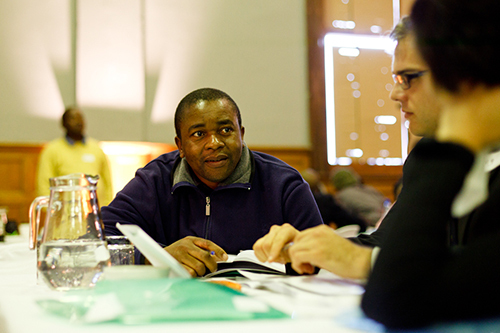
Can you speak a little about the work you are doing related to the Truth, Justice and Reconciliation Commission?
Three years ago Kenya began the Truth, Justice and Reconciliation Commission, which was formed to look into not only the post-election violence of 2007, but also the period after Independence. One particular feature of the process was that almost 9000 crianças testemunhou sobre a sua experiência da violência pós-eleitoral e também em torno de questões de pobreza, educação e violência sexual. Crianças corajosas todo Kenya estava diante dos comissários e contaram suas histórias.
Eu e Dr. Karen Murphy, o Diretor Internacional de História e Enfrentando Ourselves, foram convidados pelo Centro Internacional de Justiça de Transição para criar um relatório de criança-amigável do TJRC.
Tentamos criar uma versão do relatório principal que é tanto um recurso para as crianças e também uma ferramenta para professores e outros profissionais que trabalham com a juventude no Quênia. Nossa intenção foi a de capturar algumas das histórias que as crianças compartilhados com o TJRC de uma forma que pede ao leitor, se ela é um professor ou um jovem queniano, a pensar profundamente sobre suas próprias escolhas e comportamento.
Estamos em fase final de redação, ter realizado recentemente um processo de validação no Quênia com vários interessados, incluindo crianças, professores, principals and civil society. The response was overwhelmingly positive. We have some more to do to bring in the feedback we received from the Kenyan stakeholders, and we plan to release this children’s version mid-2014.

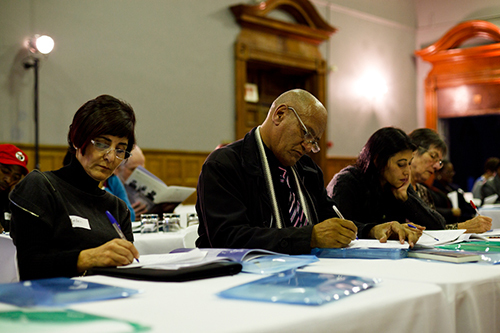
What are some of the best examples you have seen of school reform in South Africa?
Um exemplo vem de Jonathan Jansen, o Reitor da Universidade de Free State, que já foi apresentado nesta série. Ele publicou recentemente um livro muito importante, juntamente com o cineasta, Molly em branco. Seu livro, Como corrigir Escolas Sul-Africano, olha dezoito estudos de caso de escolas que são bem sucedidos, apesar de ser mais populosa, em áreas pobres e remotas, ou são cercados por escolas que estão falhando. Mas estas escolas, for a variety of reasons ranging from the leadership of the principals to the quality and passion of the teachers, are succeeding. The book contains short videos of these schools as well as a workshop guide, which I was asked to create, that allows schools that want to learn from these stories to engage with them in their staff rooms as part of their professional development programs. The solutions and improvement strategies that emerge from these schools are relatively simple and, mais importante, have been shown to be successful in schools that face some very tough challenges. So if these schools can do it, then really, there is no reason why all the schools similar to these shouldn’t be able to succeed as well. We have just begun an important initiative to work closely with schools across the country using the case studies from the 18 successful schools as tools for turning other schools around.
How much focus has been given to great leadership in schools? Do you believe more needs to be done?
Há alguns anos atrás, Pam Christie, the Dean of Education at the University of Cape Town, released a gem of research called Schools That Work. Her research showed that the quality of principal leadership was essential to the success of a school, and in successful under-resourced schools, when the principal left, the school’s performance immediately dropped. The depth of leadership in the schools did not generally extend beyond the principal. This was in contrast to more well-resourced schools where a change in principal didn’t necessarily see a drop in performance. Assim, of course we need to be investing in supporting principals, but we also need to develop the school management teams as a whole if we want success to be sustainable.
Of equal importance are the district, provincial and national management structures as well. Too many people in these leadership roles have not been given the proper support and training to run very difficult and complicated systems. We often talk about the visionary principals but we also need to start talking about, finding, nurturing and developing the visionary managers of this system.

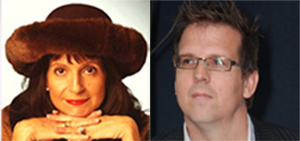
All photos are courtesy of Shikaya
For more information on Shikaya: http://shikaya.org/
Na busca Global para a Educação, se juntar a mim e líderes de renome mundial, incluindo Sir Michael Barber (Reino Unido), Dr. Michael Bloco (EUA), Dr. Leon Botstein (EUA), Professor Clay Christensen (EUA), Dr. Linda, Darling-Hammond (EUA), Dr. Madhav Chavan (Índia), Professor Michael Fullan (Canadá), Professor Howard Gardner (EUA), Professor Andy Hargreaves (EUA), Professor Yvonne Hellman (Holanda), Professor Kristin Helstad (Noruega), Jean Hendrickson (EUA), Professor Rose Hipkins (Nova Zelândia), Professor Cornelia Hoogland (Canadá), Honrosa Jeff Johnson (Canadá), Senhora. Chantal Kaufmann (Bélgica), Dr. Eija Kauppinen (Finlândia), Secretário de Estado Tapio Kosunen (Finlândia), Professor Dominique Lafontaine (Bélgica), Professor Hugh Lauder (Reino Unido), Professor Ben Levin (Canadá), Senhor Ken Macdonald (Reino Unido), Professor Barry McGaw (Austrália), Shiv Nadar (Índia), Professor R. Natarajan (Índia), Dr. PAK NG (Cingapura), Dr. Denise Papa (US), Sridhar Rajagopalan (Índia), Dr. Diane Ravitch (EUA), Richard Wilson Riley (EUA), Sir Ken Robinson (Reino Unido), Professor Pasi Sahlberg (Finlândia), Professor Manabu Sato (Japão), Andreas Schleicher (PISA, OCDE), Dr. Anthony Seldon (Reino Unido), Dr. David Shaffer (EUA), Dr. Kirsten Immersive Are (Noruega), Chanceler Stephen Spahn (EUA), Yves Theze (Lycée Français EUA), Professor Charles Ungerleider (Canadá), Professor Tony Wagner (EUA), Sir David Watson (Reino Unido), Professor Dylan Wiliam (Reino Unido), Dr. Mark Wormald (Reino Unido), Professor Theo Wubbels (Holanda), Professor Michael Young (Reino Unido), e Professor Minxuan Zhang (China) como eles exploram as grandes questões da educação imagem que todas as nações enfrentam hoje.
A Pesquisa Global para Educação Comunitária Página
C. M. Rubin é o autor de duas séries on-line lido pelo qual ela recebeu uma 2011 Upton Sinclair prêmio, “A Pesquisa Global para a Educação” e “Como vamos Leia?” Ela também é autora de três livros mais vendidos, Incluindo The Real Alice no País das Maravilhas, é o editor de CMRubinWorld, e é um Disruptor Fundação Fellow.
Siga C. M. Rubin no Twitter: www.twitter.com/@cmrubinworld


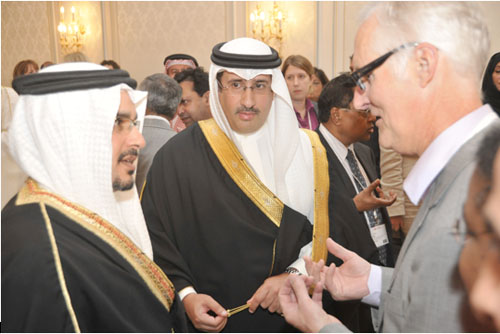
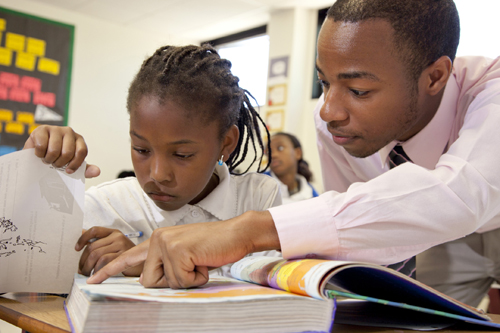
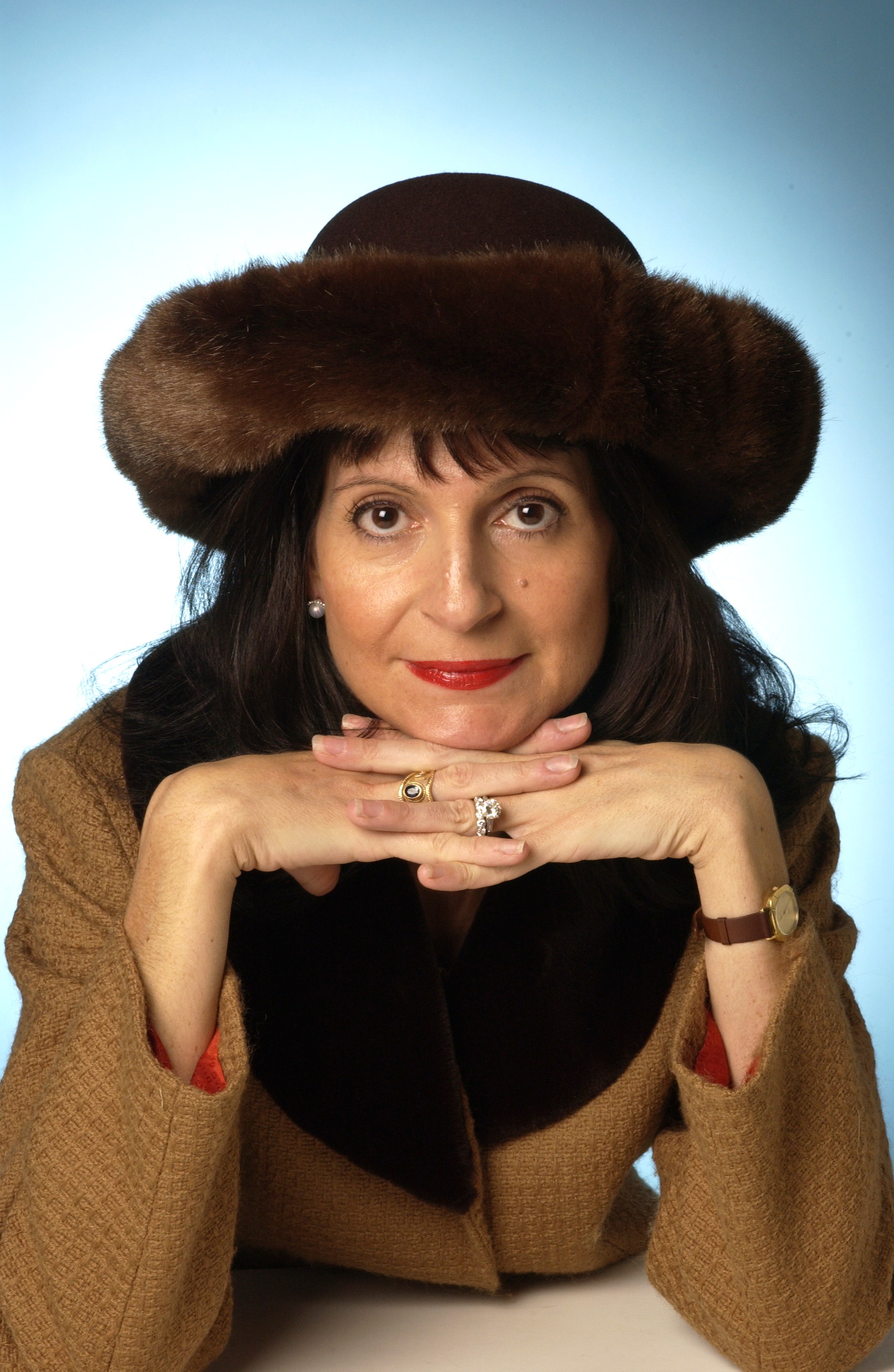
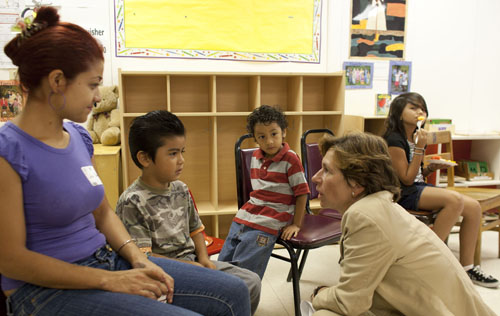
Comentários Recentes